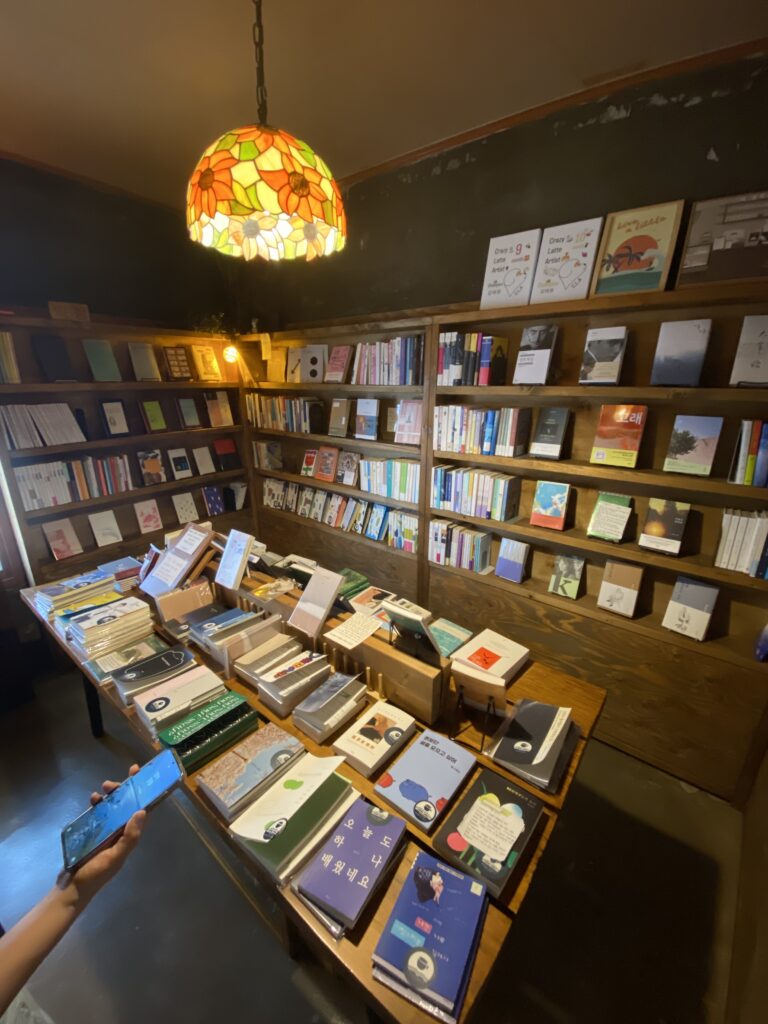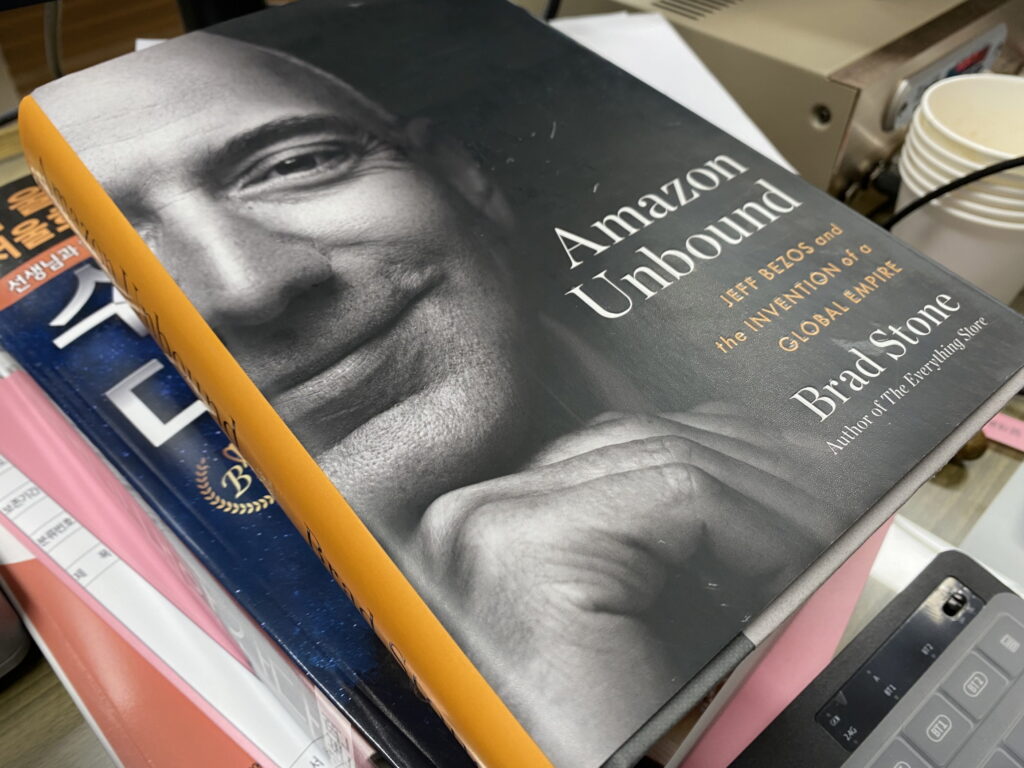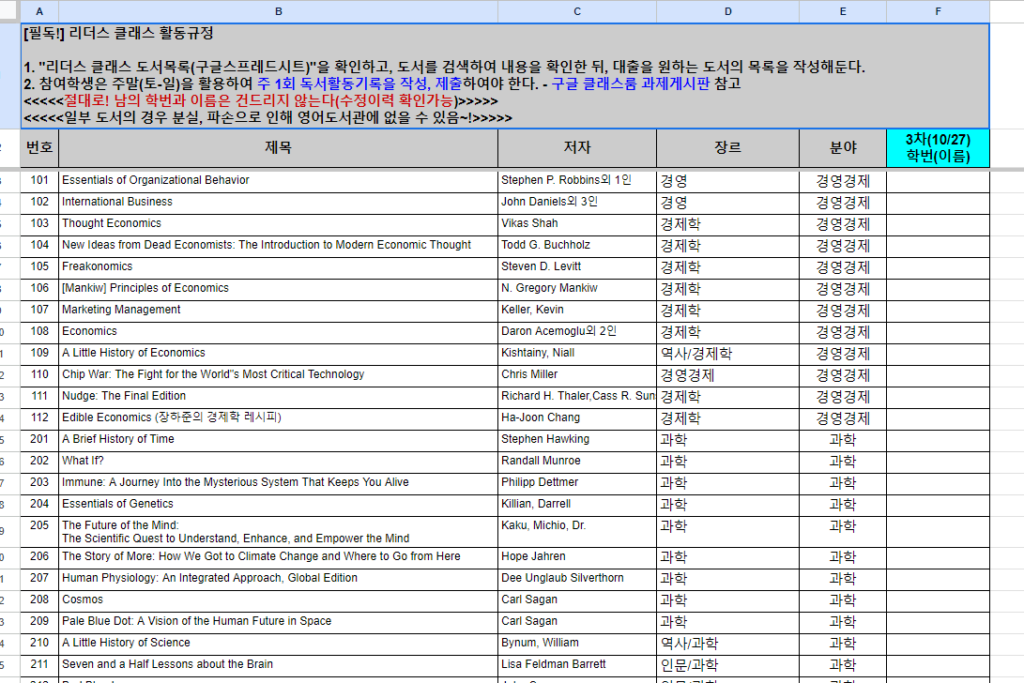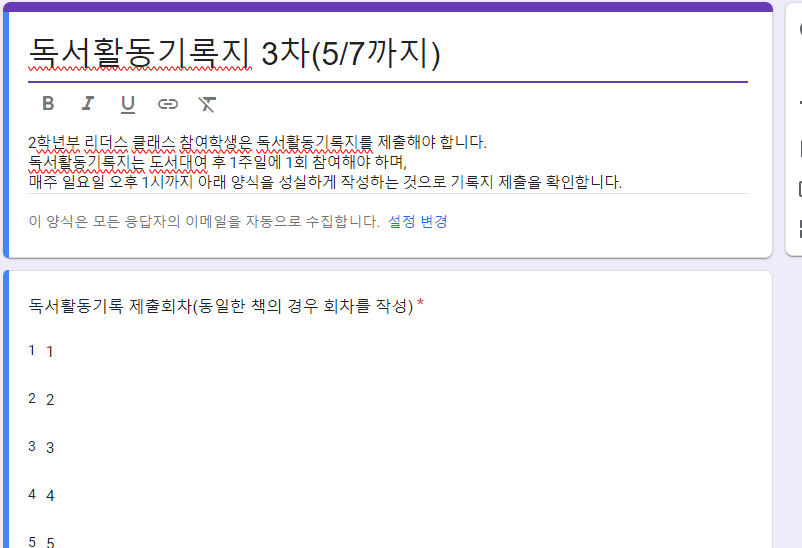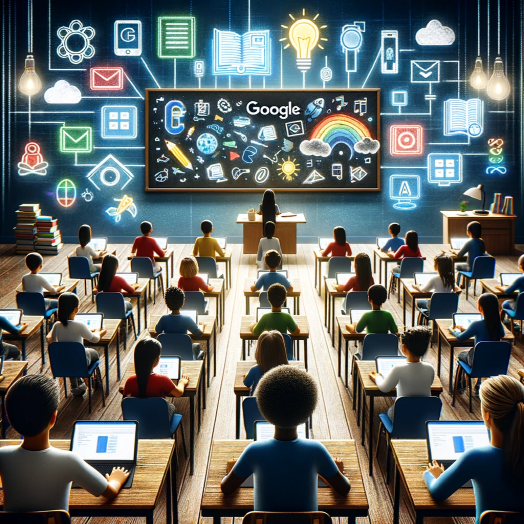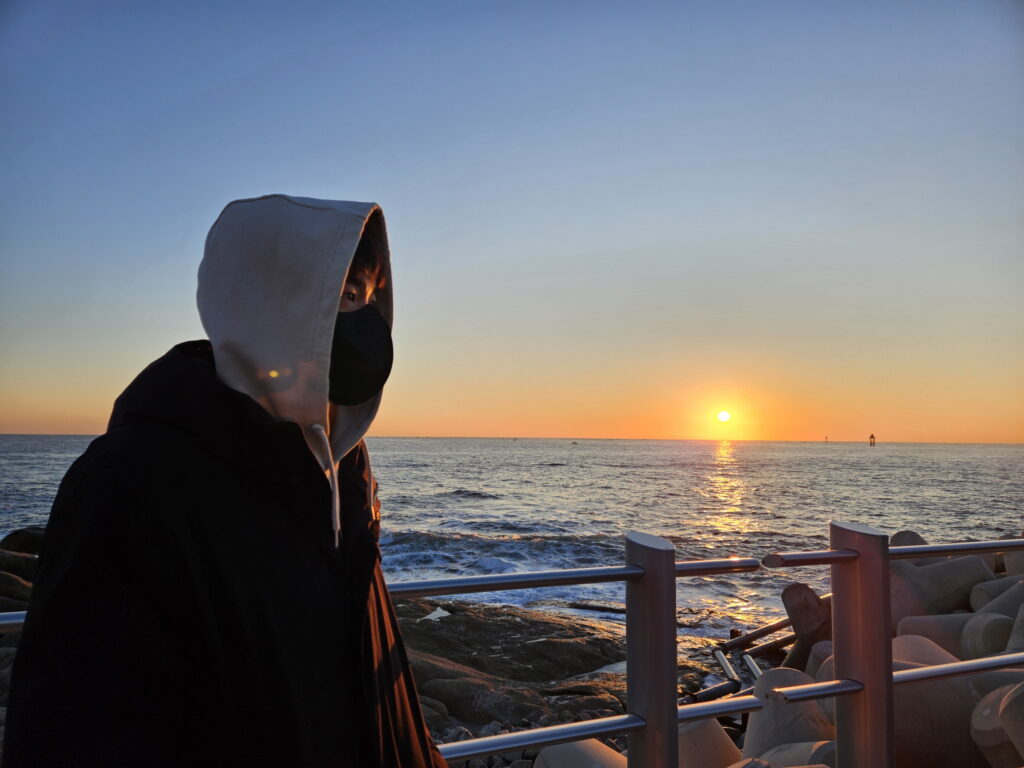This post, a translation of the previous post, ‘2023학년도 코딩 관련 학년 활동 정리’, is written with the hope of reaching readers from more countries.
Introduction
Today, I will summarize the coding activities we conducted last year.
Though my main field is English education, why delve into coding? Since taking over as the grade level coordinator, I needed to develop a comprehensive program for student evaluations. Following the COVID-19 pandemic, there was a surge in remote learning and remote work. In recent years, areas featuring Large Language Models (LLM) like ChatGPT within the field of artificial intelligence have become increasingly popular. Frequently discussed in the news, these topics sparked my interest, leading me to integrate physical coding into our grade-level activities, allowing students to produce tangible outcomes.
In December 2021, we organized a costly workshop on creating smart home kits, not conducted by me but outsourced to an external educational company. Although the workshop was expensive, seeing the students actively participate increased my interest in this field. However, spending a substantial budget on just an eight-hour workshop over one weekend was disappointing.
Watching the students create smart homes using Arduino, I contemplated learning and conducting these sessions myself. This way, I could save on instructor fees and only spend on materials. Yet, as previously mentioned, my background is in English education, not coding.
It took about two months to reach a level where I could collaboratively engage with the students on these projects. Arduino operates primarily on C language, and the control levels are not very high. However, once a project topic is set, it’s all about finding ways to make it work. After learning, I led special workshops as part of an after-school program.
Am I proficient in Arduino? Not exactly. However, during the workshops with the students, we pondered what was necessary for the school and how we could solve problems using Arduino. Through this process, both the students and I experienced significant growth.
Samsung Junior SW Academy
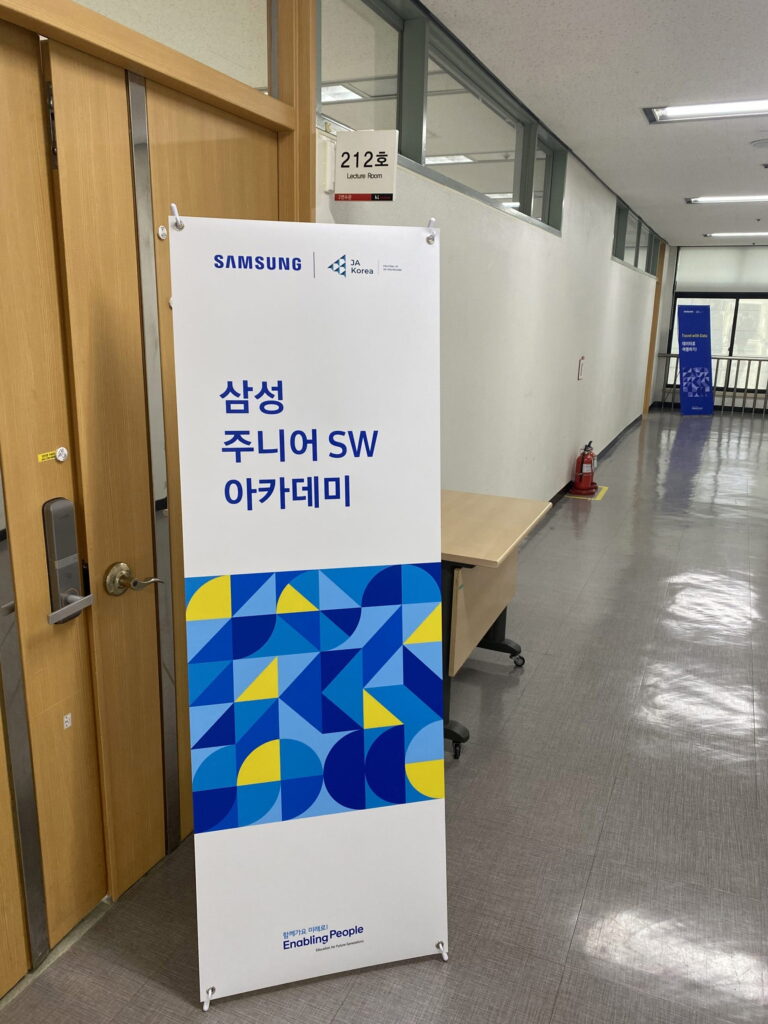
The Samsung Junior SW Academy program educates current teachers on artificial intelligence, big data analysis, and physical coding, enabling them to conduct these activities at schools. In late January 2022, I participated in a three-day training at Samsung SDS, learning about Samsung Brightics Studio—a big data analysis tool equipped with various preset functions that are easy to use but require considerable study for effective utilization. This program helped us understand how various functions are used and the sequence of big data analysis, with tools like ChatGPT helping in comprehension.
After the training, I conducted sessions for about 20 students during the first semester. The students used this program in their independent and interdisciplinary research projects, significantly enhancing the objectivity of their end-of-year reports.
Arduino Physical Coding Activities
At the end of 2021, I was introduced to Arduino and subsequently organized maker activities for the students. Although programming with C language used in Arduino was challenging, it spurred numerous ideas for alleviating various inconveniences experienced within our school. One of the most memorable projects was an automatic toothbrush sterilizer that enhanced student health. This device used a simple display and a light sensor to operate when a toothbrush was placed inside and the lid closed. We also conceptualized and created various other devices utilizing Arduino.
Preparing for Education with Raspberry Pi
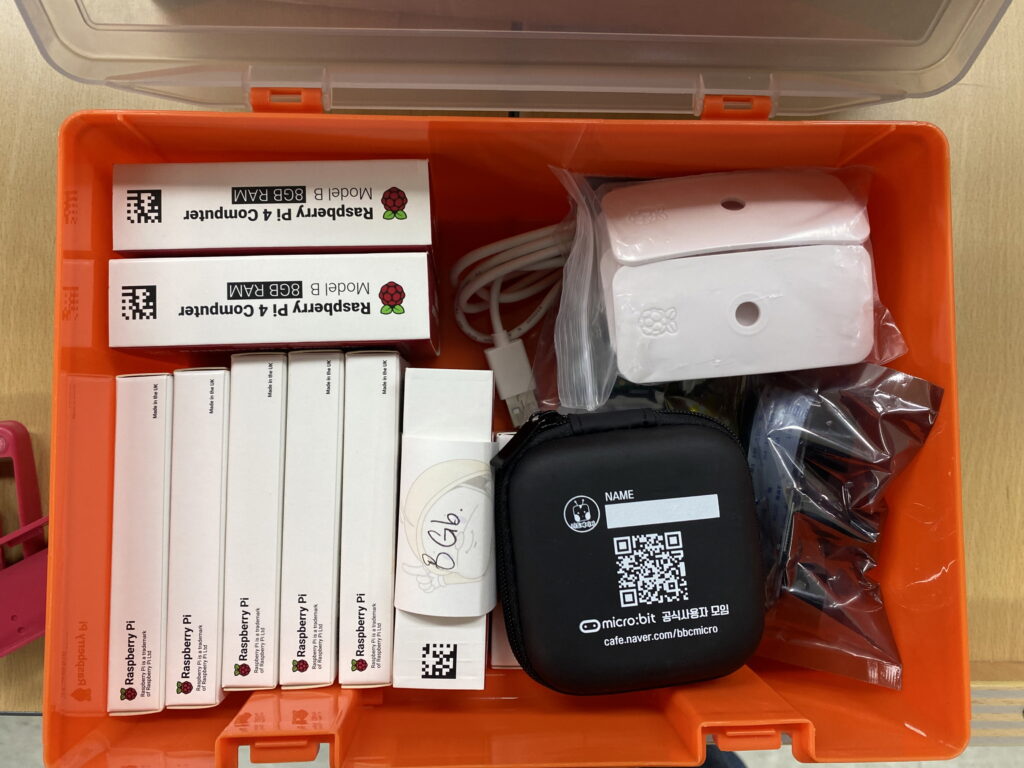
Raspberry Pi, a small single-board computer, caught my attention after watching a YouTube video of a submarine operated by Raspberry Pi. Although not equipped with AI, its capabilities for continuous control, video recording, and transmission were far superior to Arduino. Initially, rather than building a submarine, I thought it would be better to start with different projects to become familiar with the device. Thus, I created a CCTV and a web server.
The objective was to manage a study hall with CCTV and operate a webpage for promoting grade-level activities through a web server. Despite various online tutorials, continually evolving systems caused numerous errors. I used ChatGPT and Reddit to find and try solutions, eventually succeeding in implementing both the web server and CCTV.
Operation of the storystore.store Website
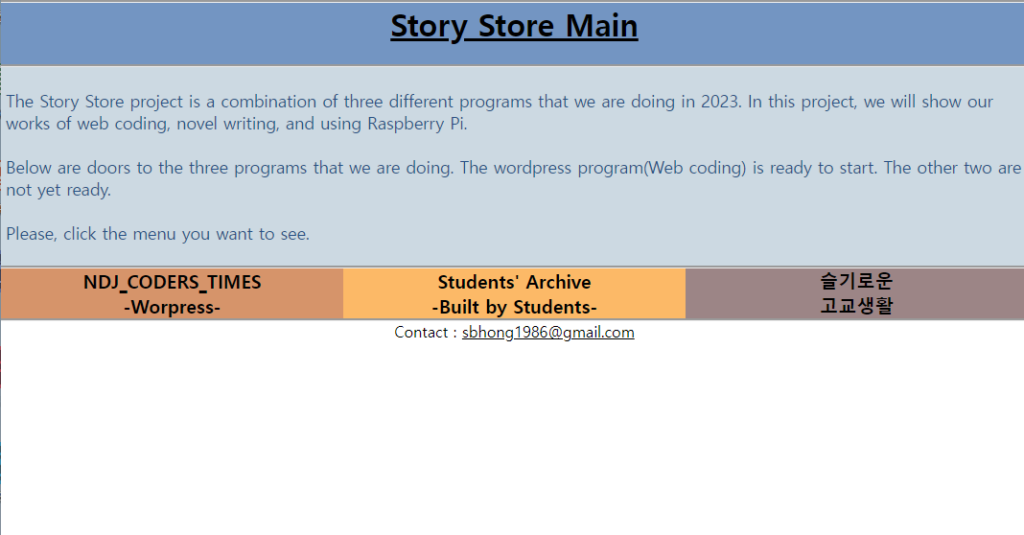
This part concerns a domain that is no longer active, so there isn’t much to show. After purchasing an affordable domain, I connected it to a web server built with a Raspberry Pi. I then taught the students the basics of webpage creation, and they were tasked to design their pages using HTML, CSS, and JS. Although there was a significant variation in student capabilities, some produced excellent results that motivated others.
The process of uploading and reviewing their web creations was highly meaningful. Students, who had only used programs designed by others, gained firsthand experience in creating web pages, discovering real-life inconveniences, and solving them through coding. At the year-end club presentation, teams were formed to create a promotional site for all school clubs, successfully implementing even complex features like a roulette prize page.
This year, we plan to publicly link individual student pages on this WordPress website (ndjhs.info).
Concluding Remarks
Thus, I have summarized the coding-related activities for the academic year 2023. As a non-specialist, I learned a lot and grew through the process of specifying activities with the students. This year, we aim to deepen activities that solve real-world inconveniences through coding. Through this, I hope the students will overcome their fears of new technologies, grasp trends correctly, and grow.

